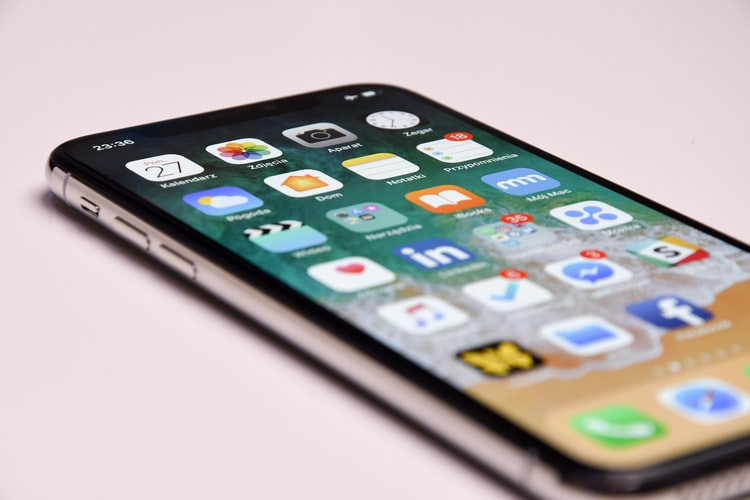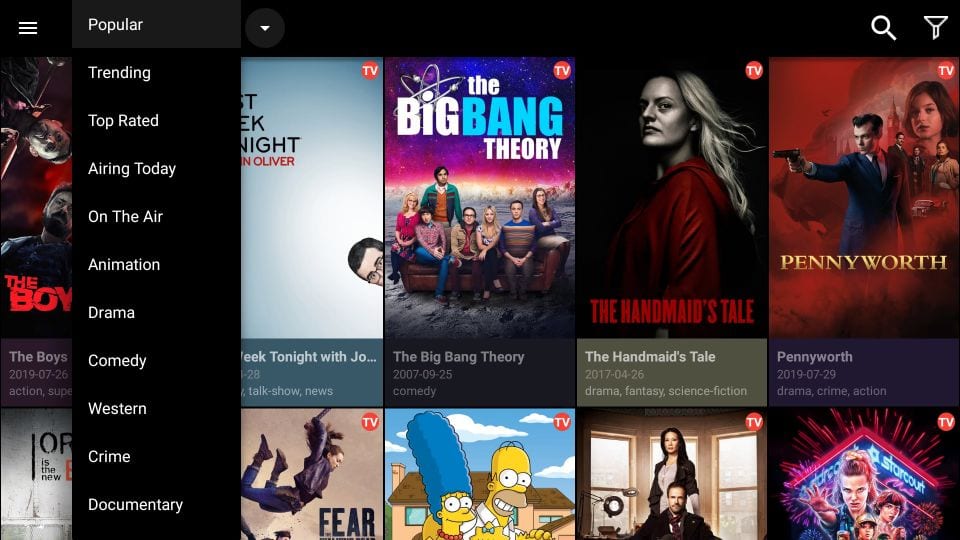If you are planning to buy a new smartphone, it is more likely to be a phone running of Apple’s iOS or Google’s Android.
These two platforms account for most of the smartphone operating systems today. The good news, both the operating systems are excellent.
They are quite common but have significant differences that you might want to consider. We have compared Android and iOS with various categories and picked a winner for each one.
How do you select the best platform for yourself? Pick the best features that matter the most to you and count the wins in the respective categories. You will get your personalized recommendation.
Affordability
We are well aware that Apple has always been at the high end of the market. However, it surprised everyone by launching the iPhone X at just $1000 and the iPhone 11 Pro Max starting at $1,100.
If you want a more affordable phone you can go for the iPhone 11 that starts from $700 and the latest iPhone SE from $400.
At the same price tag, nothing beats Android. You can choose from a wide range of handsets depending on your budget. Also, Android offers more free applications as compared to iOS. Hence, it is the prime choice for budget conscious.
Winner- Android
Apps
Let’s look at the number of applications available on Google Play Store as well as the iOS App Store.
- Android app- 2.5 million
- iOS apps: 1.8 million
However, numbers cannot be considered as the true metric as we only use a handful of apps. The most popular apps are available on both the platforms.
Conventionally, iOS has been a more productive platform for developers so there is a likelihood that new apps might appear there first.
However, with changing times, Android’s market share keeps on increasing. In the United States, iOS is still leading, but developers in other countries are increasingly targeting Android first.
Thankfully, both Android and iOS have been extra careful when it comes to spyware and malicious apps.
This makes them safer to download than ever. The Google Play Store still has a higher percentage of free apps than the iOS app store.
However, the best mobile games still land on iOS first. Sometimes, they are only available for iOS users. Hence iOS has a slight edge over Android in this category.
Winner- iOS
App Store
Managing millions of apps is very difficult and neither Android nor iOS does it flawlessly. Grossly we believe iOS App Store has a better browsing experience and provides better curated recommendations.
On the other hand, the Play Store is easy to use and you can install and queue all apps from your PC’s web browser.
You can buy apps on the iOS store by using your fingerprint via Touch ID. Similarly, you can do it on Android phones using the fingerprint.
The Play Store scores one point extra for having a no-quibble refund policy within two hours of purchase.
Apple is generally stricter in blocking unwanted and spammy apps. Overall, this can be a good thing but it is a bad thing if you are into game emulators for classic controls.
The iOS app store wins this category for curated content and a better user experience.
Winner- iOS
Maps
Though Apple Maps did not have a great start, they have substantially improved over the time.
Key features like downloading maps offline, accurate estimates based on current traffic conditions, turn by turn directions for walking and driving are similar to Android. You can also find public transit and ride-booking integration that function very well.
One feature that Apple Maps lack but is available in Google Maps is the cycling directions.
Overall the quality of Google Maps is unmatched. It is more detailed and has more points of interest than Apple Maps.
If given a choice, we would always pick Google Maps. Though it is available in iOS, it is better on Android as it is the default navigation app.
Winner- Android
Battery and charging
One of the biggest complaints of smartphone users is battery life. However, comparing the two platforms is not possible because there is no common hardware.
We would mention that iOS is advanced to use the most out of the battery per mAh rating. But nowadays Android smartphones with tremendous battery life are easily available at low prices. This feature easily outlasts iOS.
Both iOS and Android show you a breakdown of battery use according to every application.
But only Android shows the estimated battery life left. Both platforms provide battery saver modes by reducing the performance of various features but it can be precisely customizable in Android phones.
Android platform has an upper edge over iOS in case of charging. It offers fast charging and wireless charging capabilities.
However few iOS models like Apple’s iPhone 11, iPhone X, and iPhone SE (2020) come with wireless and fast charging.
You have to buy the wireless charging adapter separately for iOS phones but it is usually provided with Android phones.
Comparing the iOS and Android platforms from similar categories bring us to the conclusion that Android phones have longer battery life and come with wireless charging cases inside the box. Hence Android wins.
Winner- Android
Updates
Apple constantly gives security and software updates. If you want these for Android, you have to purchase Google Pixel. The following percentage denotes the breakdown of iOS versions currently used according to the Apple Developer website.
- iOS 13: 70%
- iOS 12- 23%
- Earlier- 7%
About 70% of iOS devices are now running on the latest software version. This figure is very low for Android.
While Android 11 is already available for the public for beta testing, only 8% of devices are running on the Android 10 version. According to May 2020, Android breakdown of software use available on Android Studio states the following stats.
- Android 10: 8.2%
- Android 9.0 Pie: 31.3%
- Android 8.1 Oreo: 14%
- Android 8.0 Oreo: 7.3%
- Android 7.1.1 Nougat: 5.4%
- Android 7.0 Nougat: 7.5%
- Android 6.0 Marshmallow: 11.2%
- Android 5.1 Lollipop: 7.4%
- Android 5.0 Lollipop: 1.8%
- Android 4.4 KitKat: 4%
- Older: 1.9%
If you want to stay updated with the latest features, bug fixes and security updates then you should opt for iOS.
Winner- iOS
Customizability
One of the main strengths of Android is its customizability. Customizing an Android phone is very easy. You can set the layout, add widgets, shortcuts or even change the entire UI with launchers.
When it comes to iOS, you have less freedom as you have limited support of widgets. Android also allows you to set third party apps as default options which are not available for iOS.
If you love experimenting and personalizing your phone, then Android is the best platform.
Winner: Android
The default apps for email are easy to set up and use on both Android and iOS. Third party email apps are available as well. However, Gmail is a stronger default app than iOS mail.
It is an obvious thing that the Gmail app would be a winner because Gmail is the most popular email address in the world.
Gmail lets you add other email addresses easily and its connectivity with other G Suite apps is also seamless.
Winner- Android
Final Words
Though Android leads, iOS wins in some major categories. Eventually, certain categories might be important to certain people. Hence, you should consider those that matter the most to you and make decisions based on it.
If security and privacy is your concern you can choose iOS.
If battery and customization is your prime focus, Android will suit the best.
Both the platforms have so many features in common that we can happily recommend both.



